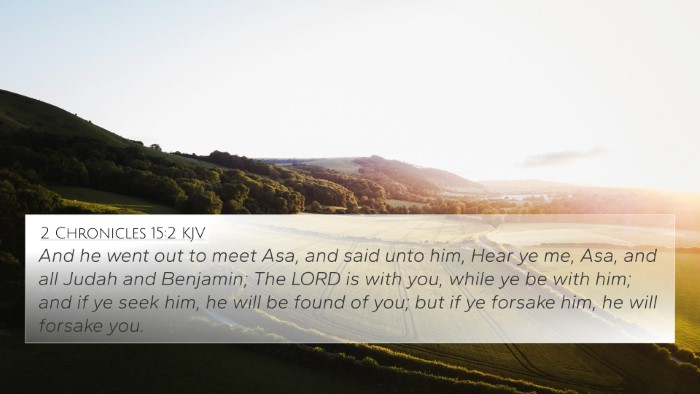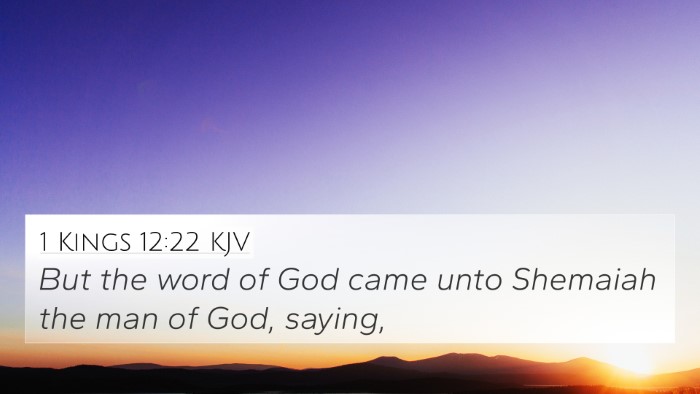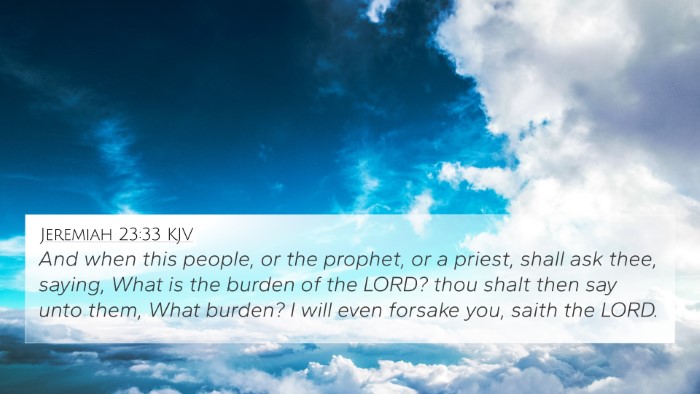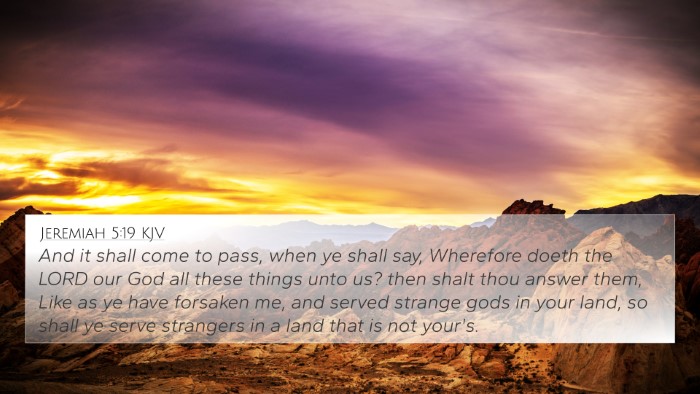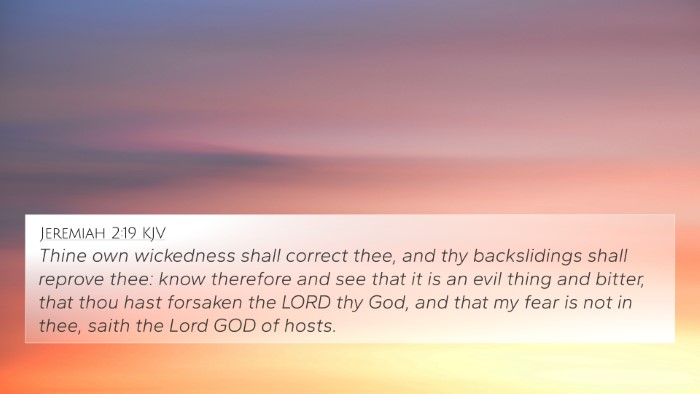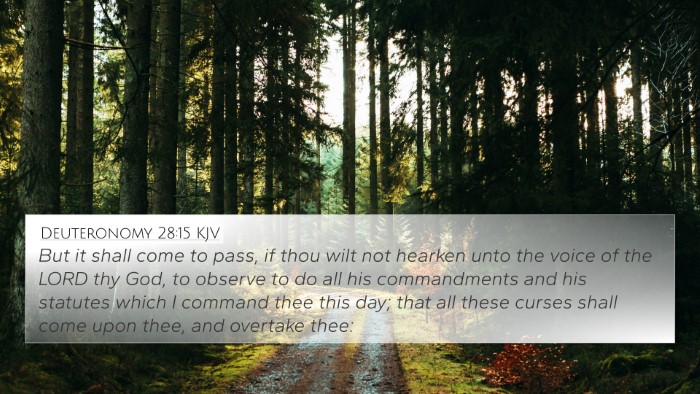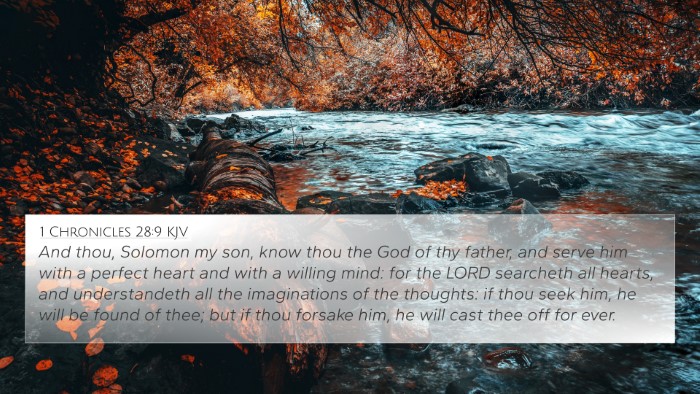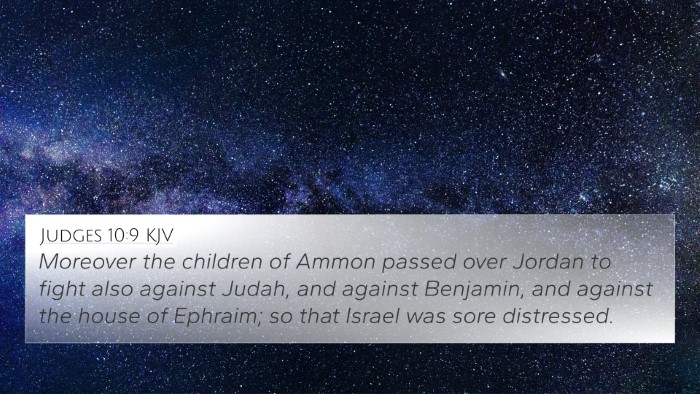Understanding 2 Chronicles 12:5
Bible Verse: "Then Shemaiah the prophet came to Rehoboam, and to the princes of Judah, that were gathered together to Jerusalem because of Shishak, and said unto them, Thus saith the LORD, Ye have forsaken me, and therefore have I also left you in the hand of Shishak."
Summary of 2 Chronicles 12:5
This verse encapsulates a pivotal moment for King Rehoboam and the people of Judah. The prophet Shemaiah delivers a divine message, revealing that their abandonment of God has led to their vulnerability to Shishak, the king of Egypt. This admonition reminds readers of the consequences of disobedience and sets the stage for a crucial decision concerning repentance and faithfulness.
Commentary Insights
Matthew Henry's Commentary
Matthew Henry emphasizes the gravity of forsaking God, interpreting Shemaiah's message as a divine warning. He outlines how spiritual neglect can lead to physical and national calamity. Henry also reflects on the nature of divine justice, noting that it often functions through circumstances and the actions of other nations, such as Shishak's attack.
Albert Barnes' Notes
Albert Barnes expands on the context, articulating that this warning functions as a call for national repentance. He notes that Shishak’s assault served not only as a punishment but also as a catalyst for spiritual reflection. Barnes underscores the importance of prophets in guiding the people back to God’s grace and re-establishing their relationship with Him.
Adam Clarke's Commentary
Adam Clarke provides an analysis of the socio-political dynamics at play during this period. He highlights the role of Shemaiah as an authoritative voice amid crisis. Clarke suggests that God's abandonment of His people is contingent upon their actions, emphasizing the relationship between obedience and divine protection.
Cross References
- Jeremiah 2:13: Highlights the forsaking of the true God for worthless substitutes.
- 2 Chronicles 7:19-20: Warns against turning away from God and the subsequent consequences of such actions.
- 1 Kings 14:15: Relates to God’s promise to punish Israel for idolatry and disobedience.
- Isaiah 31:1: Advises against seeking help from Egypt, likening it to forsaking God.
- Psalms 106:39-40: Reflects on Israel’s continuous cycle of turning away from God and the consequences they faced.
- Proverbs 1:28-29: Discusses wisdom's response to those who forsake instruction, showing the repercussions of ignoring godly counsel.
- Ezekiel 39:23: Examines how God’s judgement leads to the realization of people’s sin against Him.
Thematic Connections
The overarching themes in 2 Chronicles 12:5 resonate with various biblical narratives, promoting an understanding of divine retribution and grace. The emotional and spiritual turmoil experienced by Rehoboam and Judah serves as a profound illustration of God's ongoing dialogue with His people, often mirrored in other scriptures.
Conclusion
This verse serves as a critical reminder of the consequences of turning away from divine guidance. The prophetic warning from Shemaiah stresses the necessity of remaining faithful to God, highlighting the links between disobedience, national crisis, and the role of prophecy in realigning the hearts of believers to divine will.
Further Study Suggestions
For anyone interested in delving deeper into the connections between this verse and others, consider exploring tools for Bible cross-referencing such as a Bible concordance or Bible cross-reference guide. Engaging in a cross-reference Bible study can uncover thematic parallels and enrich one's understanding of Scripture.



